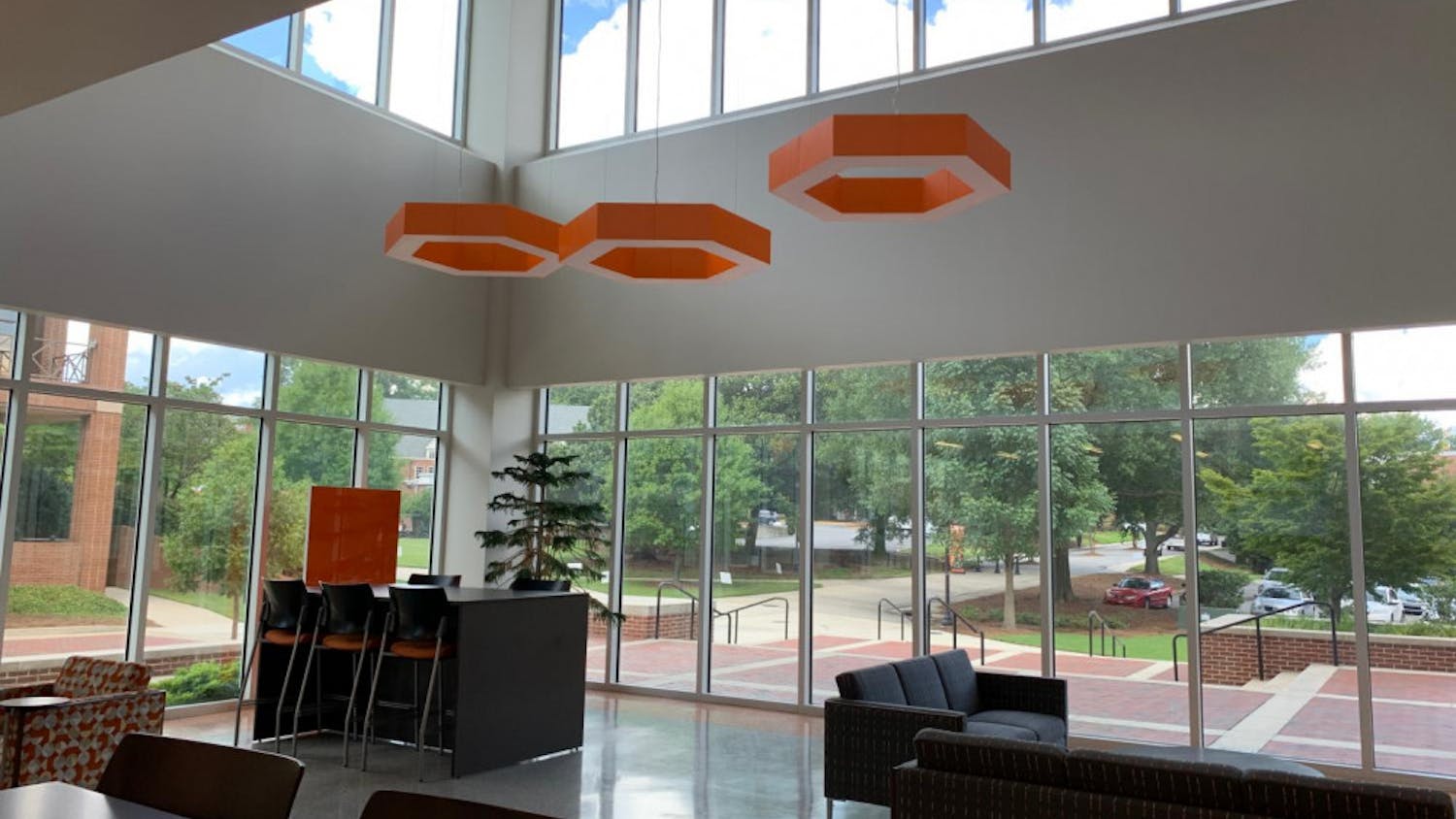I will be the first one to admit that my frustration with Thanksgiving began as a rather petty, personal vendetta.
It stemmed out of the bitterness of a girl who, no matter how hard she tried, could never make it through the third week of November without developing the flu.
You think I’m kidding. Out of the 21 Thanksgivings I have been alive, I think I have spent about a dozen of them lying on the couch in misery, coughing up a lung and watching reruns of It’s a Wonderful Life.
To this day, I associate the taste of turkey and dressing with the sick-sweet grape flavor of children’s liquid Tylenol.
However, as I grew, learned, and read, I came up with a new and possibly even better reason to dislike Thanksgiving: the fact that there is no realistic basis behind the holiday.
If you’ve gotten as far at Mercer, you probably know by now that whatever you learned in kindergarten about the “Thanksgiving” feast of 1621 (or 1637, accounts differ) is false.
Though nobody alive at the present time is totally sure of what went down, we can all agree on a few basic facts: there were no buckled shoes, prayers, or even turkeys. In fact, many historians doubt the banquet happened at all.
So why do we celebrate it, you ask? Just so you know, the answer was originally guilt.
In the late 19th and early 20th centuries, the United States government finally started feeling a little bit bad for massacring hundreds of millions of Native Americans and taking their land.
But instead of confronting the issue and making amends, they decided to create an illusion of a brotherhood that never really existed.
Abraham Lincoln made the holiday official in 1864, and around the time of World War II, pageants with pilgrims, Indians, and turkeys started popping up in elementary schools.
At the end of the day, the plan to put a positive spin on a very sad chapter in our history worked; as a culture, we don’t associate the arrival at Plymouth Rock with the genocide that was to follow. We associate it with banquets, brotherhood, and giving thanks.
As for where the rest of our traditions came from, who really knows for sure?
Football is an American staple anyway, and watching a bunch of preschoolers stumble around in feathered headbands is just cute.
But it doesn’t have too much to do with respecting an entire population that was wiped out because of European greed.
I don’t intend to be a buzz-kill. Those of you who don’t associate apple pie with antibiotics (as I do), enjoy your Thanksgiving meal.
But in the silence between the arrival of Santa at the Macy’s Thanksgiving Day Parade and the kickoff of the evening football game, try to take a moment to think about what really happened all those years ago.
After all, as they say: those who don’t remember history are doomed to repeat it.




